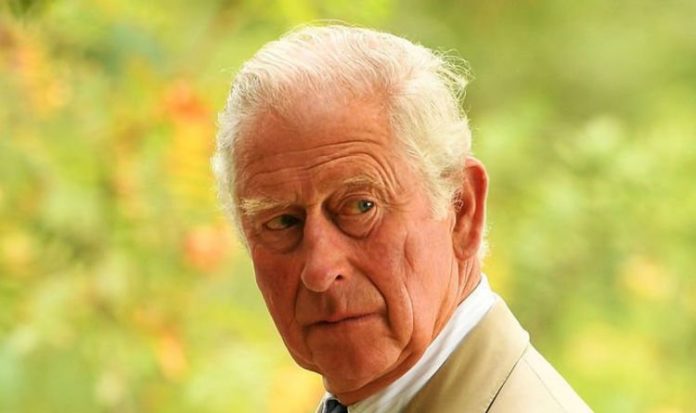Charles has been prepared to inherit the throne since his birth, in 1948. However, now 72, the Prince of Wales has assumed the title of the oldest and longest-serving heir in British history. While many commentators have noted over the years the difficulties Charles has faced as the expectant heir with no defined role, commentator Howard Hodgson claimed the Prince of Wales will face an “impossible” set of circumstances when he takes to the throne.
Writing in his 2007 book, ‘Charles — The Man who will be King’, Mr Hodgson noted the role of the Prince of Wales has “never been harder than now”.
He explained: “Life was always going to be difficult for the 20th century monarchy, whether born to it or thrust into it by marriage; but the Prince of Wales has had a particularly tough time of it.
“What is the correct course for him?
“His ancestors were political rulers, but he will be a constitutional monarch.
“He cannot captain one political team and then change sides when it is defeated at the polls to captain another, so not only can he not take sides, he mustn’t allow his political beliefs to be known or cross the political line even when something he cares about passionately needs to be said.”
He noted Charles has “come close” to crossing that line on several occasions.
Charles has spoken out about education, politics and the environment over the last few decades — with his secret letters to Government ministers notoriously dubbed “the black spider memos”.
The heir to the British throne has faced criticism that he risks becoming a meddling monarch instead of assuming his mother’s apolitical stance.
READ MORE: Prince Charles could override Queen in crucial move after ascension
“But the idea somehow that I’m going to go on in exactly the same way if I have to succeed is complete nonsense, because the two situations are completely different.”
Still, Mr Hodgson noted: “His current position is almost impossible.”
He suggested Charles would be “accused of being a parasite” if he stands aside while controversial events take place as the restraints of being a constitutional monarchy usually means he cannot speak out.
Still, Charles has even been ahead of the cultural trends at times.
The Prince of Wales was described as a “loony prince” during the Eighties when he spoke out about the environment — but it is now becoming a mainstream issue discussed all over the world.
His commentary upon the environment is now looked upon favourably by most of the public.
However, his involvement with government policy, particularly during Tony Blair’s time in office, was heavily frowned upon, making it a difficult line to tread.
Charles’ predicament also means he has to stay in the public eye persistently, in order to remain relevant, but without creating too much furore.
He also has to follow in the footsteps of the Queen, who has reigned almost without fault for the best part of 70 years.
Some royal spheres believe the change in monarch may indicate a shift towards republicanism in many nations such as Australia and Canada — presenting yet another problem for Charles which could create a huge obstacle in his reign.







